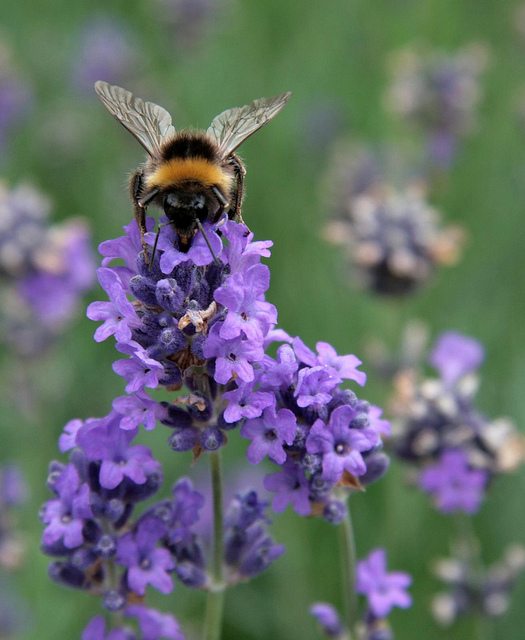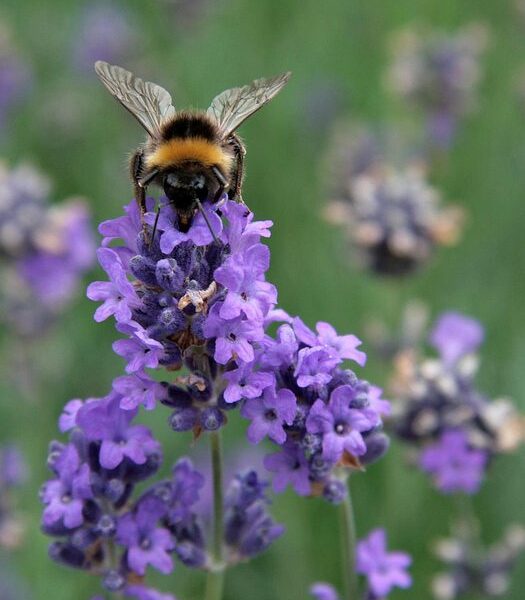

Environment
Petition urges UK government to keep the ban on bee-killing pesticides
Campaign group 38 Degrees has called on Secretary of State for Environment Elizabeth Truss not to lift the ban on toxic neonicotinoids responsible for pollinators’ decline.
The petition follows a submission to the government made by farmers asking to lift the ban this auumn to allow the banned chemicals to be sprayed on rapeseed. The National Farmers’ Union has argued that growers are suffering from losses caused by crop pests.
NFU vice-president Guy Smith said, “Since last autumn we have heard from hundreds of our members growing oilseed rape that establishing the crop has become far more difficult and expensive, if not impossible, without neonicotinoid seed dressing.
“Because of this we want the authorities to allow farmers to use the seed treatments they need to make growing oilseed rape viable.”
Neonicotinoids were banned for two years in December 2013, after being identified by scientists as a major cause of bee decline. Bees are essential pollinators and along with other insects provide an estimated service worth $200 billion (£131 billion).
Bees are also threatened by climate change, parasites and loss of habitat for foraging.
“We need to keep working together to protect our bees because we know how crucial bees are to life on earth” Jen Stout of 38 Degrees wrote.
“ We’ve marched on Parliament, we’ve signed petitions, we’ve sent thousands of emails and we’ve challenged politicians face to face. We worked alongside campaigners from across Europe to get these killer pesticides banned.”
In a study, neonicotinoids have also been linked to decline of insectivore farmland birds.
Photo: Karen Roe
We’re live on Crowdcube. To own a share in our tomorrow, click here.
#investaware
Further reading:
Pesticides found in 63% of UK bread
Two thirds of scientists advising EU on dangerous chemicals have industry links
Loss of $200bn pollinating services will be harmful, scientists warn
Banned pesticides highly likely to cause bee colony collapse, says Harvard study
Syngenta seeks exemption to use banned bee-harmful pesticide































